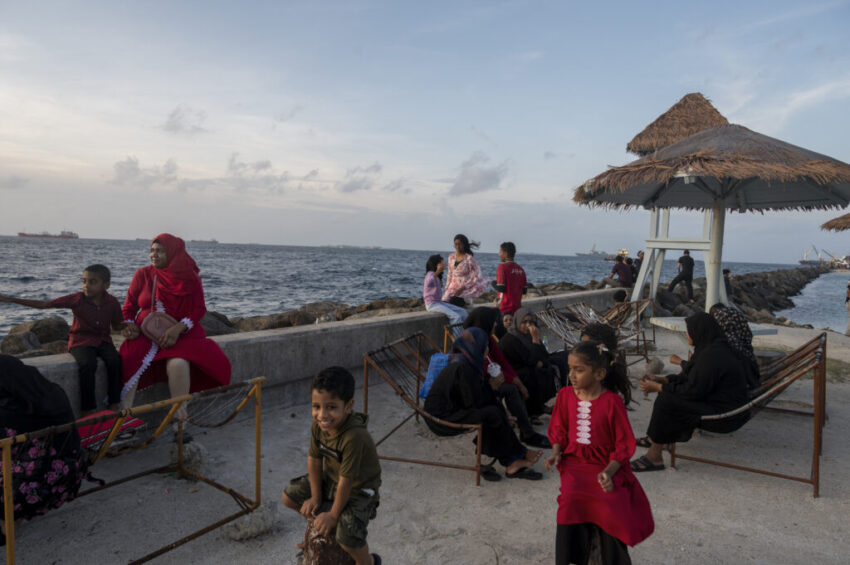
The Maldives this month barred people born after 2006 from smoking or purchasing tobacco products in the country, making the archipelago the first country to implement such a law.
“Individuals born on or after 1 January 2007 are prohibited from purchasing, using, or being sold tobacco products within the Maldives,” the country’s health ministry said Saturday. The new law, ushered in by President Mohamed Muizzu, leaves those who were born in 2006 or earlier free to smoke.
At least 21 percent of the archipelago’s population over the age of 15 smoked cigarettes daily, and more than 25 percent of the population used tobacco daily in 2022, according to estimates by World Health Organization’s global report on tobacco prevalence, published in October. The Maldives’ law around smoking was imposed to protect young people and align with the World Health Organization’s framework for tobacco control, the health ministry said.
The smoking ban, which went into effect Saturday, also extends to tourists – hundreds of thousands of whom visit the Maldives every month, according to the country’s tourism ministry. Alcohol, too, is banned on the local non-resort islands of the archipelago. The country is known for its picture-perfect beaches and thriving tourism industry.
Last year, the Maldives banned the import, sale, distribution, possession and use of electronic cigarettes and vaping across all ages. That law also applied to visitors to the country.
The smoking ban follows last year’s imposition of import duties on cigarettes in the Maldives, with the price of a pack of cigarettes jumping from roughly $7 to $16, according to the Maldives Independent, a local news outlet. The combination of bans and taxes has led to an increase in the smuggling of tobacco products and created a black market for cigarettes, with an estimated 400 percent profit margin for smugglers, according to local publications.
Many countries have pursued legislation targeting generation-wide phaseouts of tobacco products, but the Maldives are, so far, the first to impose a ban.
Jacinda Ardern, the former prime minister of New Zealand, ushered in an anti-smoking law in 2023 that would have gradually phased out cigarette sales and licensing. Under the law, anyone born on or after Jan. 1, 2009, would be banned from using tobacco products by 2027. The law was repealed later that year when a new right-wing government took over. One of the reasons cited by ministers for the repeal was that it would increase tobacco-related crime.
The United Kingdom is in the process of enacting a ban similar to the Maldives, seeking to prohibit the sale of tobacco, vapes and similar products to people born on or after Jan. 1, 2009. The legislation is now at the committee stage at the House of Lords.
Some cities are experimenting with banning smoking in public spaces. Milan this year banned smoking anywhere except “isolated areas where it’s possible to respect a distance of at least 33 feet from other people.”
Most of Europe bans smoking in indoor public spaces. The European Union last year encouraged members to expand their bans to outdoor spaces to “achieve a tobacco-free generation in Europe by 2040.”



